The Importance of Pre-birth and Post-birth Orders in Surrogacy
Surrogacy may come as an extraordinary journey that allows individuals or couples to have a child with the help of a surrogate. That said, this process is complicated and includes not only detailed medical procedures but a few legal hassles as well. Moreover, two of the foremost significant legal procedures in the surrogacy journey are the pre-birth orders and post-birth orders. In straightforward terms, these are legal records that characterize the rights and obligations of everybody included.
Understanding pre-birth orders and post-birth orders!
Now, before we take a deep dive into the pre-birth orders and post-birth orders, let’s first understand what they are. A pre-birth order may be a legal record obtained before the baby’s birth, which sets up the intended parents as the legal guardians. In contrast, a post-birth order serves a similar purpose but is issued after the child is born.
Importance of Pre-birth and post-birth orders
1. Setting up Parental Rights
The sole purpose of both pre-birth and post-birth orders is to set up the parental rights of the expecting parents. Moreover, without these orders, the surrogate might lawfully be considered the baby’s mother, even if she has no biological association with the child. Moreover, this clarity guarantees that the intended parents have all legal rights over the child instantly upon birth.
2. Securing the Surrogate’s Rights
While the focus frequently inclines towards the intended parents, these orders also secure the surrogate. Moreover, they clear her of any legal or financial duties for the child. Besides, this security guarantees that there are no unforeseen claims or obligations pushed upon her after the child’s birth.
3. Guaranteeing the easiness of the medical procedures
Childbirth is without a doubt an emotionally charged experience. That said, the presence of a pre-birth order can streamline medical strategies. Besides, it guarantees that the intended parents’ names are mentioned on the birth certificate and they can make medical choices for the child. Also, this eliminates the possibility of disputes or altercations in the future.
4. Giving legal Clarity in regions with different laws
Surrogacy laws shift broadly from one region to another. Moreover, a few regions might not recognize surrogacy agreements or might have limitations on them. This is where Pre-birth and post-birth orders act as strong legal devices, guaranteeing that parental rights are recognized, regardless of the varied laws.
5. Serving as a Security shield for Potential Legal Challenges
While everybody enters surrogacy with the right intentions, startling circumstances can emerge. Moreover, there can be differences or debates between the surrogate and the intended parents in the future. That said, having these orders in place acts as a safety shield, ensuring a legal reference point that can be utilized to resolve such challenges.
6. Peace of mind for everyone
Knowing that legal things are sorted brings a sense of calm and peace of mind to everyone. Besides, the intended parents can focus on planning for their baby’s arrival. At the same time, surrogates can concentrate on having a sound pregnancy without dealing with any stress.
7. Encouraging international surrogacy
For parents who want surrogacy in a different state or nation, these orders are indeed more pivotal. Also, they facilitate cross-border surrogacy and guarantee that the child can be taken to the intended parents’ local state or nation without any legal obstacles.
8. Setting the Establishment for Other Legal Methods
Once the child is born, the intended parents should go through other legal methods, such as getting an international ID for the infant or completing appropriation forms in certain cases. This is where having a pre-birth or post-birth order makes these steps smoother, as the parental rights are as of now clearly built up.
How to proceed towards the process to obtain custody of the child?
Parenthood could be a wonderful journey filled with its share of delights and challenges. That said, in some cases, the law requires a parent to seek aftercare for their child. Also, whether due to divorce, separation, or other unique circumstances, getting legal parenthood could be a process that requires cautious steps.
1. Getting familiar with the different types of custody
Before getting started with the in and out of these orders, it’s imperative to know the sorts of custody available across the globe:
Physical custody: Refers to where the child will live.
Legal custody: Decides who makes important choices regarding the child’s welfare, including education, healthcare, and care.
Joint custody: Both guardians share the duties.
Sole custody: One parent can choose the rights and duties.
2. Assess Your situation
Before getting started with the procedure, it’s pivotal to evaluate your situation truly. So, you must think about the child’s best interests: their current living situation, education, companionships, and the quality of relationship they have with both guardians.
3. Look for legal advice
Obtaining parental custody could be a legal procedure. Also, in case things appear agreeable, it’s better to connect with a family attorney. Moreover, they can direct you through the process, clarify your rights, and assist you in creating a strong case.
4. Record an Appeal
To start the custody process, you should record an appeal along with your local family court. Moreover, the record informs the court that you wish to get custody of your child. Also, once recorded, the other parent will be informed.
5. Accumulate the required proofs
Your objective is to prove to the court that granting you custody is in the best interests of the child. Hence, you must gather evidence like :
- Records of association within the child’s activities
- Confirmation of a steady domestic environment
- Any proof demonstrating the other parent might not be reasonable (like disregard or mishandling)
6. Go to Mediation( optional)
A few courts may require guardians to go to mediation before the court hearing. Also, mediation may be a process where both guardians, with the assistance of a legal counsellor, attempt to concur on care terms. It’s a less antagonistic process and can lead to more friendly arrangements. In the case of surrogacy, the surrogate mother would be the other party.
7. Get ready for the custody Hearing
If mediation doesn’t lead to an agreement, the case will continue to a formal hearing or trial. Get ready by:
- Examining your case completely along with your lawyer
- Gathering witnesses who can confirm your child’s caring abilities.
- Organizing your proofs
8. Go to the custody Hearing:
Amid the hearing, both guardians will come up with their case. Besides, proofs will be shown and witnesses will be called and cross-examined. Also, after hearing both sides, the judge will make a choice based on the child’s best interests.
9. Regarding the Court’s verdict
Regardless of the result, it’s important to respect the court’s verdict. That said, if you’re granted custody, work on making a favourable environment for your child. Also, in case you didn’t win the case, focus on making the most of your time with the child.
10. Be open to the communication
Keep in mind, that custody cases can be emotionally stressful for everybody, particularly the child. So, it’s basic to keep lines of communication open with the surrogate, guaranteeing the child’s well-being remains the utmost priority.
Final words
Pre-birth and post-birth orders are foundational pillars that uphold the rights and intentions of everybody included. Moreover, they guarantee that the joy of inviting modern life into the world isn’t eclipsed by legal ambiguities or challenges. Also, within the world of surrogacy, it’s not just about the pieces of paper but the safety of dreams, emotions, and rights.
That said, as surrogacy proceeds to be a signal of trust for numerous expecting parents, the significance of these orders remains fundamental. Besides, they guarantee that the journey’s legal way is as clear and secure as the intentions behind it. Become Parents will help you in this journey.


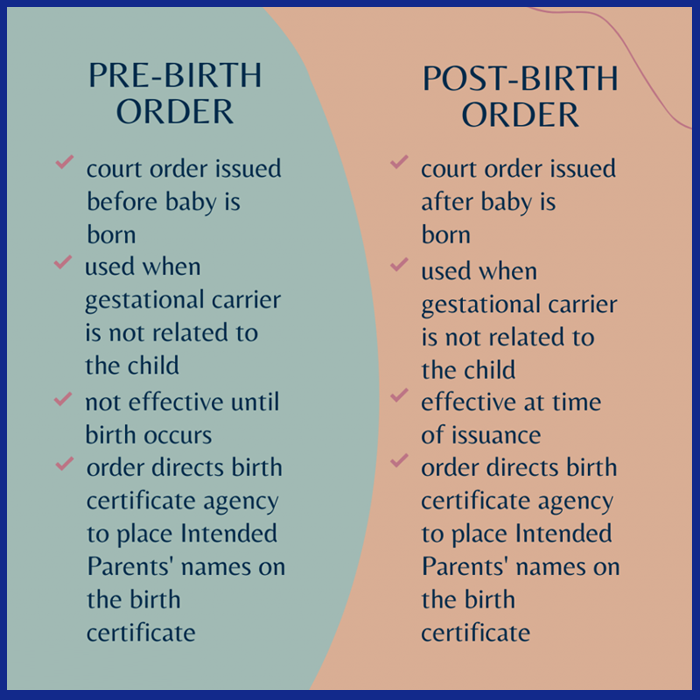



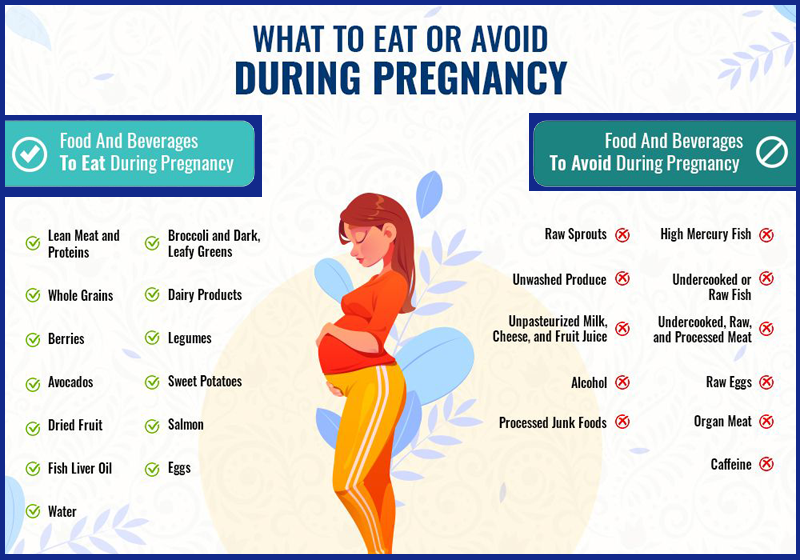
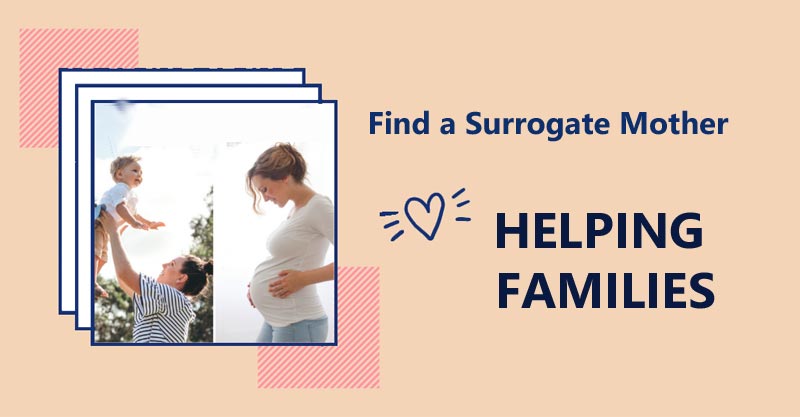


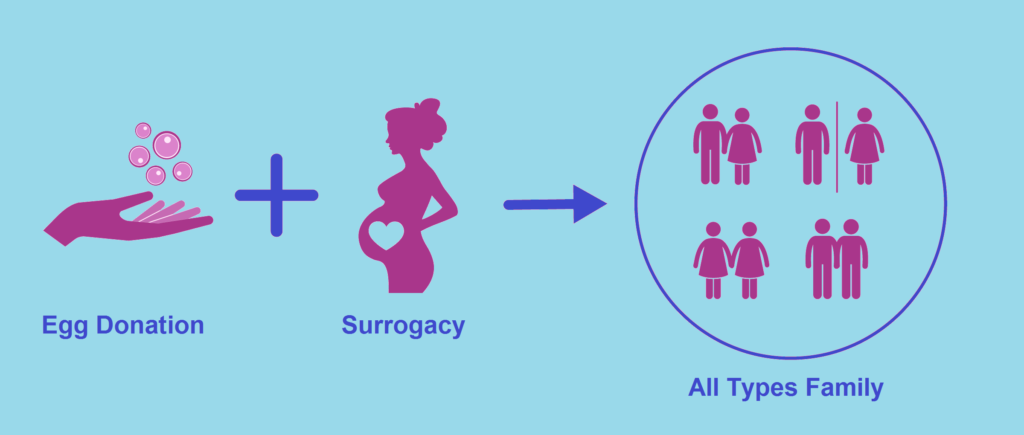
 When the embryos are ready, one or more of them are transferred into the surrogate’s uterus. Besides, this is a minimally invasive procedure that doesn’t require anesthesia. Also, the embryos are carefully placed into the surrogate’s womb using a thin catheter.
When the embryos are ready, one or more of them are transferred into the surrogate’s uterus. Besides, this is a minimally invasive procedure that doesn’t require anesthesia. Also, the embryos are carefully placed into the surrogate’s womb using a thin catheter.


 Also, gestational surrogacy includes cautious medical strategies to guarantee the developing embryo is safe as the pregnancy goes smoothly. Besides, surrogates play a crucial part in ensuring that the intended parents can achieve parenthood without any issues.
Also, gestational surrogacy includes cautious medical strategies to guarantee the developing embryo is safe as the pregnancy goes smoothly. Besides, surrogates play a crucial part in ensuring that the intended parents can achieve parenthood without any issues.




 Look for legal guidance
Look for legal guidance 
 Concerns related to social stigma
Concerns related to social stigma 










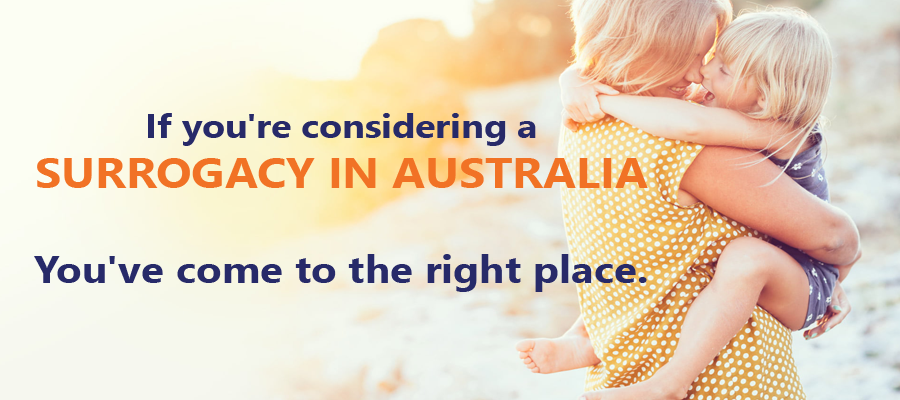
 Legal Uncertainties: International surrogacy involves legal difficulties because different countries have different surrogacy laws and legal frameworks. Moreover, Intended parents may experience difficulties navigating the laws of both the host nation and their own country, which could result in legal ambiguities and complications.
Legal Uncertainties: International surrogacy involves legal difficulties because different countries have different surrogacy laws and legal frameworks. Moreover, Intended parents may experience difficulties navigating the laws of both the host nation and their own country, which could result in legal ambiguities and complications.